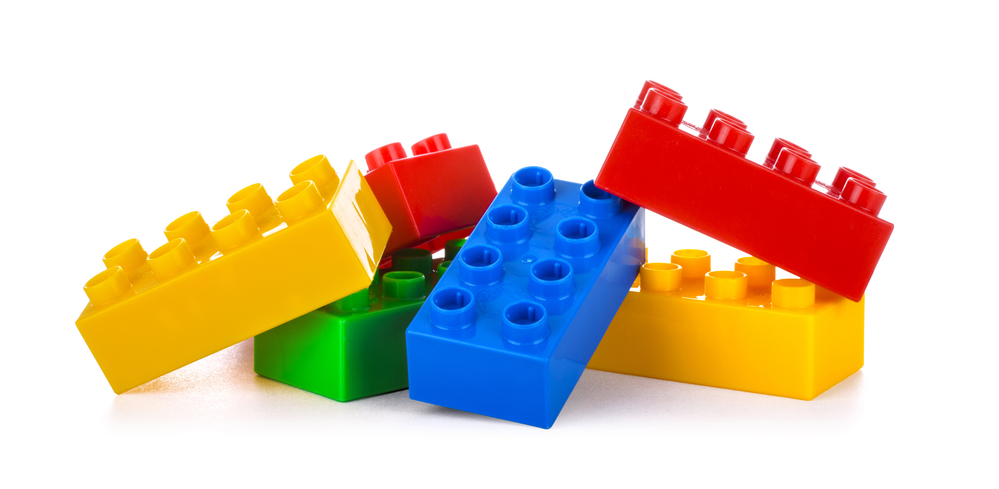ABS Plastic’s advantages that You Must need to know

ABS offers many benefits, so if you’re curious about them, this is the place for you. Our extensive knowledge and understanding of thermoplastic sheeting – including ABS plastic sheet – has enabled us to become a leading supplier of thermoplastic sheeting. Using our knowledge and experience, we will help you find the right thermoplastic for your application. We will be glad to discuss all the options and benefits with you so that you can make an informed decision about which material is right for your project. Despite the variety of thermoplastics we offer – all of which have desirable properties – ABS plastic remains one of our most popular materials. Learn more about ABS plastic at polymer-compounders.com.
ABS’s advantages
The versatility that ABS offers its users is the key to the benefits of this thermoplastic. ABS is a thermoplastic that is widely used in a wide range of industrial and commercial applications due to its durability and adaptability. Sheeting has an extremely high impact resistance and will remain tough no matter what shape it is made into or what manufacturing process it has undergone. The strength of acrylonitrile butadiene styrene sheets is great, but it is also extremely lightweight, so it is easy to transport and fabricate. The excellent chemical and weather resistance of thermoplastic materials makes them ideal for outdoor use. ABS is the thermoplastic of choice for extreme temperatures because of its high impact resistance at very low temperatures.
How can ABS be used?
ABS has a long list of useful properties, which makes it suitable for a wide range of manufacturing companies. It is available in a variety of colors and textures as well, which gives it even more versatility. This material is suitable and safe for use with young children due to its high impact resistance and minimal weight. Considering ABS’s durability, you’ll find that lots of children’s toys are made from it, including musical instruments and building blocks. ABS is also useful in the water sports industry, where it is ideal for making helmets and canoes due to its chemical and weather resistance. Due to its shock absorption properties, ABS is also used in the automotive industry and is commonly used to make bumpers. Construction, kitchen appliances, and pipework for drains and ventilation are other uses for ABS.
Properties of ABS
A combination of acrylonitrile and butadiene gives ABS chemical and thermal stability as well as strength and toughness. Finished polymers have a nice, glossy finish due to the styrene. The low melting point of ABS makes it easy to use for injection molding and 3D printing. The finished plastic is also very tensile and mechanically resistant to impact and corrosion, allowing it to withstand harsh environmental conditions and heavy use.
Its glossy surface finish makes it highly compatible with a wide range of paints and glues. ABS can be easily molded, sanded, and shaped. Color can be easily infused into ABS plastic, allowing finished products to be dyed to meet precise project specifications.
ABS (acrylonitrile-butadlene-styrene) is a low-cost engineering thermoplastic that is easily machined, fabricated and thermoformed. Now we are going to describe it is safe or not?
Is ABS Food Safe?
ABS plastic is considered food safe. It can be safely used in food processing and food handling operations. So, yes, ABS is food safe for processors.
This thermoplastic material has excellent chemical, stress and creep resistance. ABS offers a good balance of impact, heat, chemical and abrasion resistance, dimensional stability, tensile strength, surface hardness, rigidity and electrical characteristics.
ABS plastic remains hard, rigid and tough even at low temperatures. It is available in fire-retardant, heat-resistant and platable grades. Impact strength varies by grade. See the chart below for ABS yield strength, Young’s modulus (ABS elasticity), tensile yield strength of ABS plastic, mechanical properties of ABS plastic, and other properties.
Most natural ABS resins are translucent to opaque, but they can be produced in transparent grades and can be pigmented to display almost any color.
This material is primarily for indoor use. General purpose grades may work for some outdoor applications, but prolonged exposure to sunlight causes color changes and reduces surface gloss, hardness, impact strength and elastic modulus. Set the chart below for details of the material properties of ABS.






